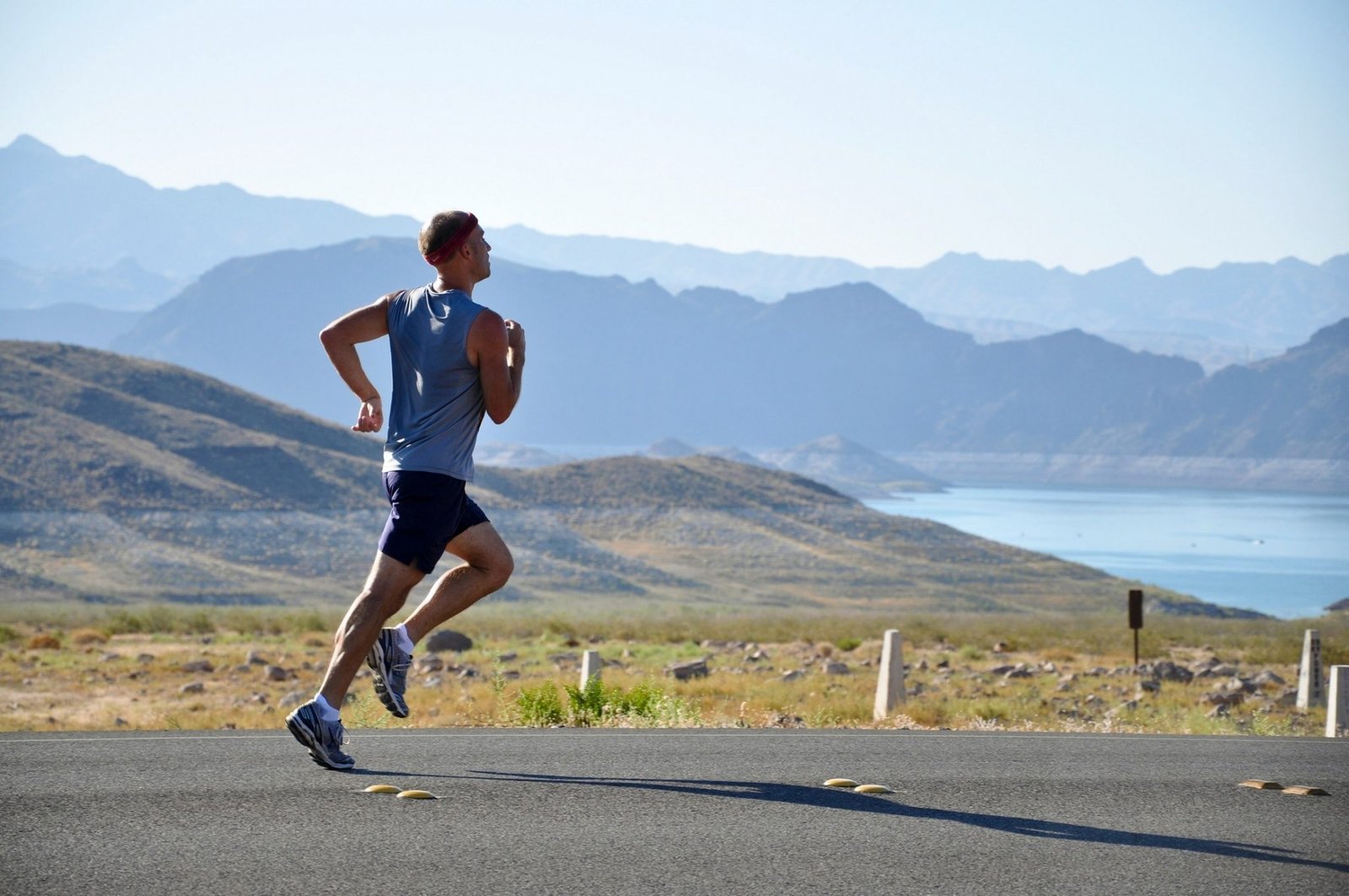
Coach Walls Gives Advice On Keeping Fit As An Athlete On The Road
Whether you’re traveling for business or pleasure, your health and fitness level can take a big hit if you’re not taking measures to keep that from happening.
The good news is that you can stay fit as an athlete on the road.
Coach Sarah Walls, personal trainer and owner of SAPT Strength & Performance Training, Inc., and strength and conditioning coach for the WNBA’s Washington Mystics, explains that it’s very easy to get lazy about working out when traveling, as it is to overeat and eat poorly.
“When we do those things, we are doing more harm than we realize. It’s important to make the commitment that you are going to be healthy and fit, and that includes being accountable when you are on the road, just like athletes do,” she says.
Here are 6 things to make a priority on your next trip, to maintain an athlete’s routine:
1. Sleep
According to the National Institutes of Health, sleep plays a vital role in good health and well being. Getting enough quality sleep helps protect your mental and physical health, quality of life, and safety.
It can be difficult to get a good night’s sleep when you’re traveling, especially if you go to a different time zone. Try to maintain a bedtime routine, and at night, keep the room dark and at cool temperature, and keep the phones and tablets away or off. Consider taking melatonin to help with jet lag, better sleep, and to help reset the body’s clock.
2. Watch your diet
Plan your meals in advance, and look up restaurant menus ahead of time, so you can opt for healthier entrees. Carry healthy snacks with you, such as trail mix, nuts, dried fruit, healthy snack bars or fresh fruits. When dining out, steer clear of the dishes that have been deep fried.
Eating healthy when traveling will help you maintain your weight, keep you from feeling guilty, and help you avoid gastrointestinal issues. The National Institutes of Health also recommends avoiding all-you-can-eat buffets, and opting for dishes that have been baked, broiled, grilled, roasted or steamed.
3. Stay hydrated
The American Heart Association reports that keeping the body hydrated helps the heart pump blood more easily through the blood vessels to the muscles, which helps the muscles work more efficiently. They also suggest keeping tabs on your hydration during trips, because you may sweat differently in different climates.
To stay hydrated, opt for water, unsweetened tea or coconut water. Avoid sugary beverages and drinking too much alcohol. You can help your body stay hydrated by eating food containing a lot of water, such as watermelon, cucumber or pineapple.
4. Move and stretch
According to the National Institute on Aging, flexibility and stretching exercises give you more freedom of movement for your physical and everyday activities. Stick with your regular workout routine as much as possible. Professional athletes have specific routines they adhere to based on the needs of their bodies.
5. Strength train
According to the Mayo Clinic, strength training can help you develop strong bones, manage your weight, enhance your quality of life, manage chronic conditions, and sharpen your thinking skills. It can also help reduce body fat, increase lean muscle mass, and help your body burn calories more efficiently. Professional athletes still lift, even lightly, when they’re traveling, to meet their goals. But for most people, it serves as a kind of “reset” for their body posture, and helps solidify that proper pattern.
You can put together a strength training routine using your own body weight, and do it in hotel rooms or outdoors.
6. Improvise
There’s a good chance you won’t have all the things you use at home for a good workout when you’re traveling, but that doesn’t mean you can’t improvise.
Plan ahead and see what’s in the area you will be in. Be flexible, and use what you have access to. Check for nearby gyms, trails where to go for a run or a brisk walk, and parks that offer a free workout system. You can also pack some lightweight fitness gadgets, such as your running shoes, a jump rope, and resistance bands. Do what you have to in order to get the activity in.















